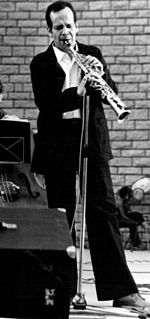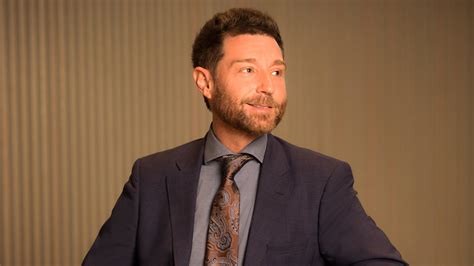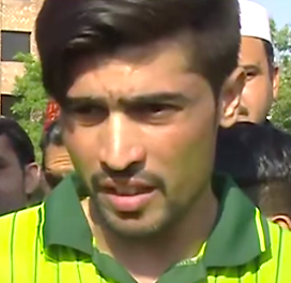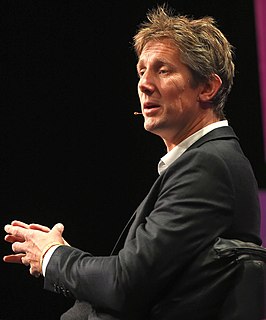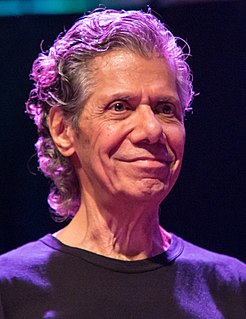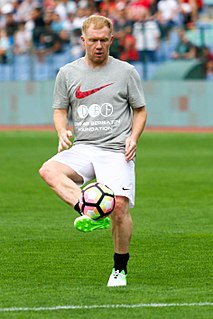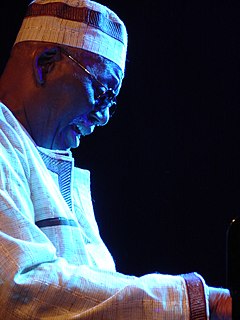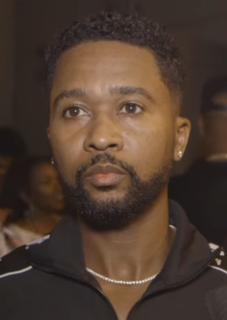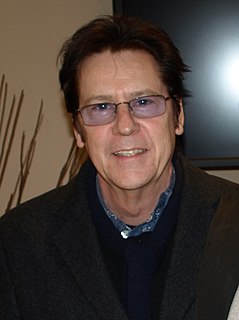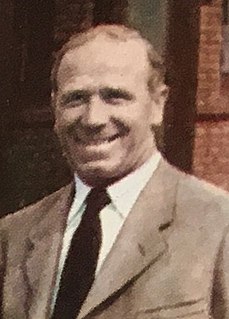A Quote by Steve Lacy
When I heard Monk in person in 1955, he was playing with a quartet in a small club. The place was full of musicians, but there was no public at all.
Related Quotes
At first I didn't understand what [Thelonious Monk] was doing, but I went back again, and what I can say about Monk is that I heard ancient Africa in his music. When he played, it was like a ballet. He captured the sound of the universe. Monk could take a triad, a simple chord, and make it sound dissonant. I'm sure that element he had in his piano was part of the two years he spent traveling with his mother in gospel music in the tent shows.
Monk was a gentle person, gentle and beautiful, but he was strong as an ox. And if I had ever said something about punching Monk out in front of his face - and I never did - then somebody should have just come and got me and taken me to the madhouse, because Monk could have just picked my little ass up and thrown me through a wall.
